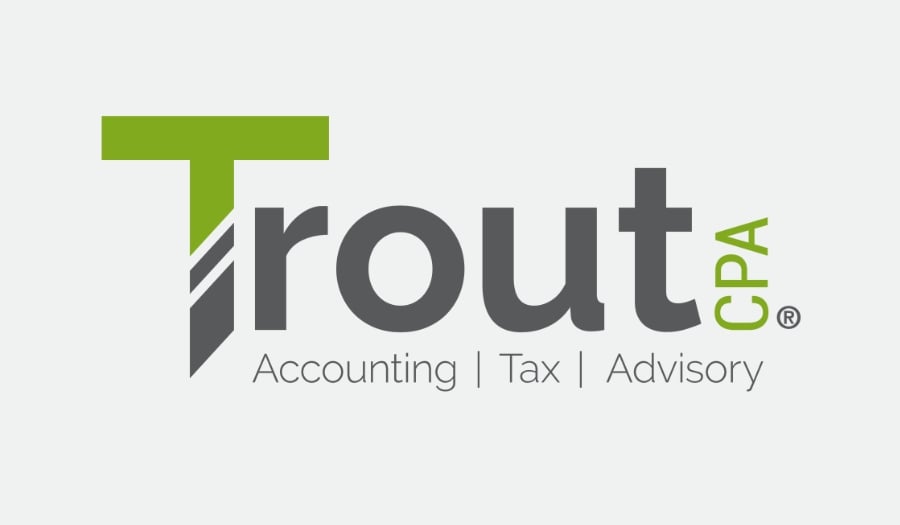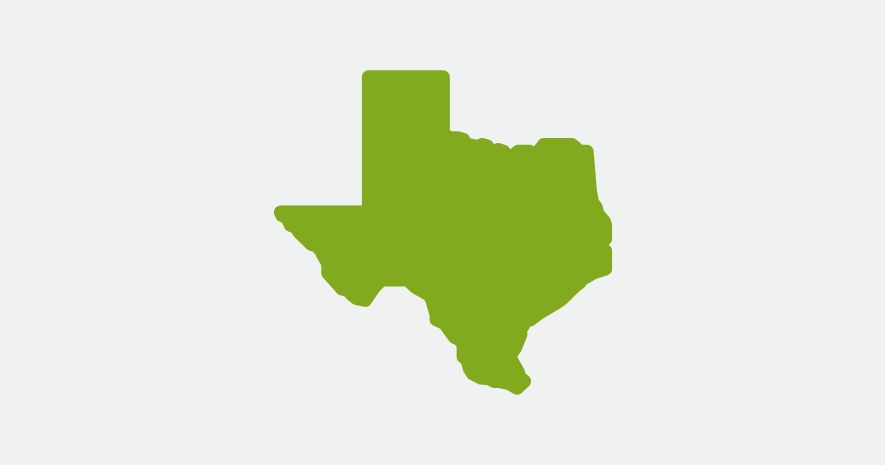Maryland was the first state to implement an annual gross revenues tax on digital advertising services. At the same time, Maryland also expanded its sales tax base to include “digital products” and software-as-a-service (SaaS).
Effective March 14, 2021, Maryland now imposes sales and use tax on digital products. The new law defines a digital product as “a product that is obtained electronically by the buyer or delivered by means other than tangible storage media through the use of technology having electronic, digital, magnetic, wireless, optical, electromagnetic, or similar capabilities.” The law also adds SaaS, subscriptions, streaming services and “digital codes” as taxable transactions.
The Comptroller of Maryland issued its interpretation of the new law under Business Tax Tip #29, Sales of Digital Products and Digital Code. According to the guidance, the entire charge for a bundled transaction that involves the sale of a digital product and a non-taxable service or non-taxable tangible personal property is subject to the sales and use tax. However, tax does not apply to non-taxable personal, professional or insurance services that involve a digital product as an inconsequential element.
The guidance also describes what types of transactions the Comptroller’s office considers to be taxable digital products. Notably, the guidance specifies that online education courses, streaming services, “canned” software delivered electronically and SaaS are all taxable as digital products.
The following is a non-exclusive list of digital products the sale of which is subject to the sales
and use tax if obtained or delivered by electronic means:
- A book or e-book
- Newspaper
- Magazines, periodicals, or any other publication
- A digital download or stream of a motion picture, music video, news and entertainment program, live
event, sporting event, tutorial, etc. - A digitized sound file that may be downloaded onto a device and may be used to alert the user to a
communication or information - A sale, subscription or license to access content online
- A sale, subscription or license to use a software application
Trout CPA Insight
- Out-of-state businesses should determine whether they have nexus in Maryland, either due to physical presence or because they exceed Maryland’s economic nexus thresholds of $100,000 or 200 transactions.
- If the business does have nexus in Maryland, it should confirm whether its billing system (or third-party sales tax automation software) is operational and charging sales tax on taxable transactions sourced to Maryland.
- Businesses selling SaaS, electronically delivered software, online educational services, streaming services or other items that may be considered “digital products” are encouraged to reach out to our sales tax professionals to determine whether they should start charging sales tax to customers in Maryland.
- The new law presumes that the retail sale of digital products occurs at the “customer’s tax address,” a specific term unique to Maryland and defined in Business Tax Tip #29.





